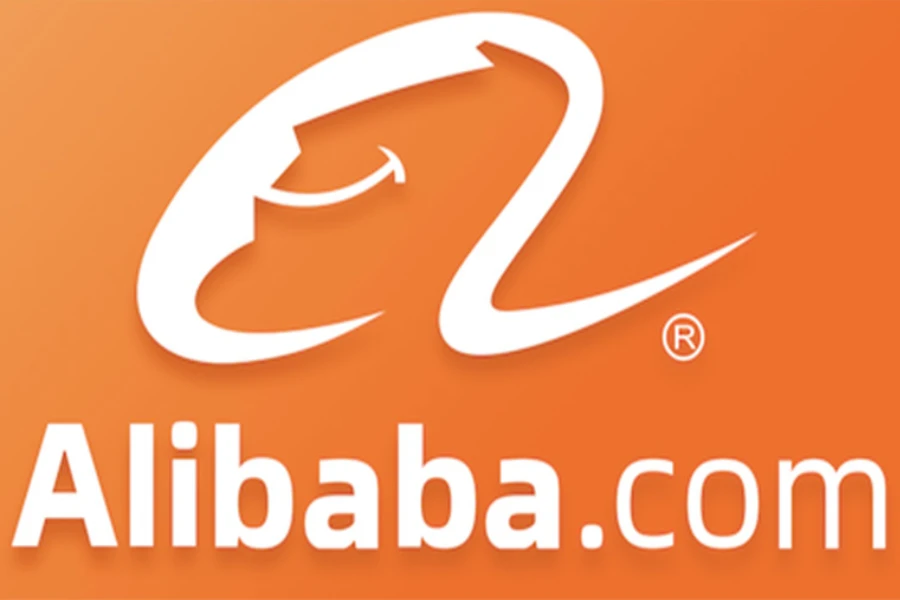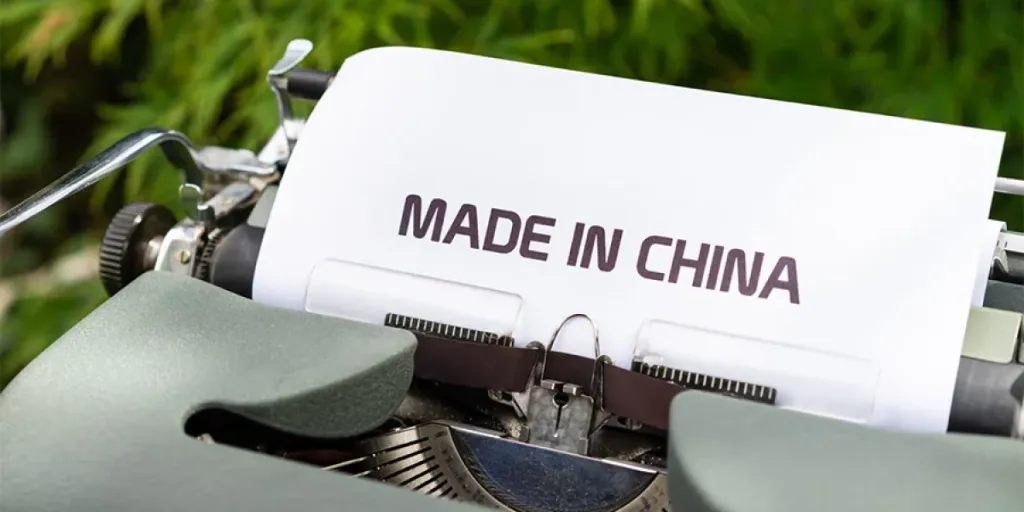As a B2B buyer, you’re likely spending large amounts of money with your various vendors and suppliers when sourcing on Alibaba.com. When a lot of payments are being made, it is important to ensure that you’re protected in every transaction.
As a result, it’s important that buyers are aware of and properly understand the various payment methods so they know what they’re getting into with every deal.
This article will compare 5 different payment methods for international trade. We will look at common use cases of each term before weighing the pros and cons. To wrap things up, we’ll discuss paying with secure transactions on a B2B marketplace.
Table of Contents
5 payment methods for international trade: a comparison
Secure payments on Alibaba.com
5 payment methods for international trade: a comparison
The 5 most popular international methods of payment for B2B trade are cash in advance, letters of credit, documentary collections, open accounts, and consignment.
Each payment term varies a little from the next, but one of the main differences is who the term favors. For example, some terms are more secure for the buyer, whereas other terms are more secure for the seller.
With that in mind, let’s take some time to break down each of these different payment methods.
1. Cash in advance

Cash in advance payment methods are exactly how they sound: the buyer pays for their order before it is even shipped. The balance can be collected in installments or through a one-time payment, but either way, everything has to be paid before the order is fulfilled.
This payment term favors the seller since the buyer pays before the order is shipped. When the seller gets cash in advance, they have the capital to work with upfront.
Cash in advance is usually the least attractive type of payment term for buyers since they assume all of the risks.
Common use cases
The cash in advance payment term is useful for sellers who are still relatively new and need capital to invest in their inventory. For example, a wholesaler might require cash in advance payments if they need the money to fulfill the order.
These methods of payment can also be used by established sellers that prefer more security in their payments and are not concerned about losing business over payment methods that are unfavorable to buyers.
Pros & cons for buyers/importers
Pros
- Very simple transactions
- Helps to increase trust with the seller
Cons
- Less secure for buyers
- Requires cash upfront
- Seller may not produce as promised
Pros & cons for sellers/exporters
Pros
- More secure for sellers
- Sellers get the money upfront
Cons
- May reduce sales since some buyers may not be able to afford to pay for everything upfront
- The buyer has to put their trust in the seller
2. Letters of credit

The letter of credit payment term removes risk from both the importer and the exporter because the buyer’s bank holds the payment until the shipment is received.
The buyer must be approved for the credit by the bank before the transaction is carried out, so the seller can rest assured that the money will come to them upon the arrival of the order.
Common use cases
Since this international payment term offers security to both the buyer and seller, it is a popular transaction method for cross-border trade. It ensures protection no matter where the buyers and sellers are located.
It is very commonly used in developing countries, but it is beginning to grow in popularity in the United States and other established markets, as well.
Pros & cons for buyers/importers
Pros
- Secure for both parties
- Trading through banks with LCs can make the transaction susceptible to federal protection
Cons
- Requires third-party intervention
- Buyers may have to put up collateral
Pros & cons for sellers/exporters
Pros
- Secure for both parties
- Susceptible to federal protection since the bank is involved
Cons
- Requires third-party intervention
- The bank charges high fees to facilitate these transactions
3. Documentary collections (D/P and D/A)

Documentary collections are another type of international payment term that uses the bank as a middleman to hold shipments until the buyer has paid for the goods.
With documentary collections, the seller assumes a little more risk than they would with letters of credit, but it is still relatively secure since the bank is there as a third party to the transaction. It is worth noting that even though the bank facilitates the transaction, it does not assume liability.
There are a couple of kinds of documentary collections, including documents against payment (D/P) and documents against acceptance (D/A).
For D/P, the seller’s bank sends the documents to the buyer’s bank when the order arrives at the importer’s port of entry. Then, when the buyer pays their bank, they receive the documents to have their order released from customs.
For D/A, on the other hand, the process is the same, but the buyer’s bank coordinates a specific date in the future for the buyer to accept the order.
Common use cases
This term of payment is valuable in situations where the seller needs financing.
Pros & cons for buyers/importers
Pros
- Less risk is involved than with open accounts
- Less expensive than letters of credit
- Relatively secure for both parties
Cons
- Bank does not assume liability
Pros & cons for sellers/exporters
Pros
- Generally less risky than other methods
- Goods are held by a third-party
Cons
- Bank does not assume liability
- Some risk exists
4. Open accounts

Open account transaction is a payment agreement that involves the seller shipping the goods before the buyer pays. This type of payment term is the exact opposite of cash in advance.
Typically, the buyer agrees to pay for the order within 1 to 6 months of receipt.
Sellers assume all of the risks with open accounts, making this payment term extremely attractive to buyers.
Common use cases
Open account methods of payment are most common in situations where sellers want to establish a competitive advantage over their competitors by offering the most buyer-friendly terms.
This payment method is also commonly used when the buyer and seller have an established relationship.
Pros & cons for buyers/importers
Pros
- Does not place stress on the buyer’s cashflow
- There is essentially no risk for buyers
Cons
- No real disadvantages
Pros & cons for sellers/exporters
Pros
- Very attractive to buyers so it provides a competitive advantages
Cons
- Sellers must assume all risk
- Sellers may not get paid
- Sellers are susceptible to late payments
5. Consignment
Another method of payment is consignment. It is very similar to open accounts, but there is one notable caveat: sellers don’t get paid until the buyer sells or consumes all of the goods.
Since this sort of transaction is used for cross-border trade, there is not much a seller can do if the buyer refuses to pay. Any sort of legal action would have to take place in the buyer’s country, and it gets complicated since the sale was initiated internationally.
Common use cases
This method of payment is not super common, because it is very risky to sellers. That said, this payment method can be useful in situations where the buyer and seller have an established relationship.
Pros & cons for buyers
Pros
- Buyers don’t need to pay until products are sold
- No upfront investment is required from buyers
- No risk for buyers
Cons
- Can be detrimental if all of the product is not sold
Pros & cons for sellers
Pros
- Gives a competitive advantage over other sellers
Cons
- Very risky for sellers
- Can compromise seller’s cash flow
Secure payments on Alibaba.com

Now that you have a better understanding of the different payment methods for international trade, you’re on track to make informed decisions for your business.
One way to ensure that your cross-border transactions are secure is to use a trusted B2B ecommerce platform like Alibaba.com. The platform facilitates secure payments from over a dozen payment methods.
Plus, Alibaba.com offers Trade Assurance, which is a program that guarantees that every order is delivered on time and matches the description on the marketplace. If a buyer does not receive their order as promised, Alibaba.com will ensure that they’re properly refunded.




